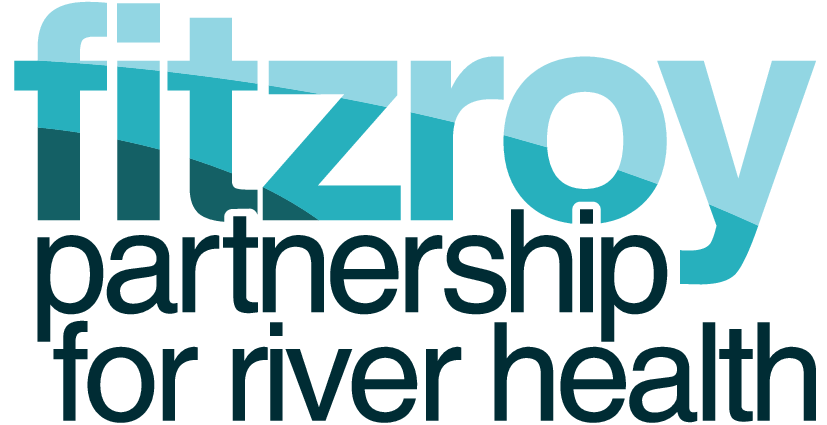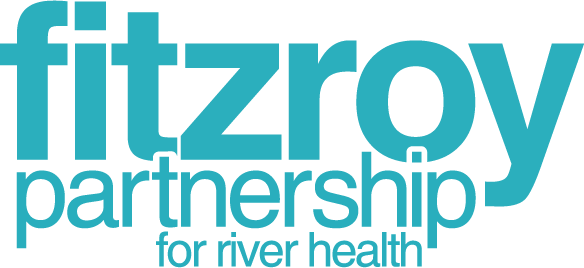Fitzroy Partnership: Part of the solution towards a better water future

Information the key to supporting Litter reduction
Fitzroy Partnership is proud to work with Drain Buddies and Australian Marine Debris Initiative (AMDI) to report on litter collection and debris capture in drains and on coastlines as part of our ongoing work on water quality and community engagement in the Fitzroy.
Led by Fitzroy Basin Association, Drain buddies commenced in June 2019 and has prevented tonnes of litter from entering drains and polluting local rivers in Rockhampton, Yeppoon and Gladstone in that time. Drain buddies are heavy-duty mesh baskets installed at litter hotspots to trap litter and organic debris. The program was extended throughout the Fitzroy Basin to Biloela, Emerald and Blackwater in 2021, with information to be made regularly available about litter collected and local hotspots.
The Australian Marine Debris Initiative (AMDI) which is a database of ReefClean events led by Tangaroa Blue, will also allow Fitzroy Partnership for River Health to report on litter locally. Volunteers collect litter along transects for a designated length of time and the litter results are recorded. Total litter from Tangaroa Blue events on the Capricorn Coast will be measured and assessed, and this data will be used to report on litter ‘performance’ via a new litter index each year.
These two separate initiatives will complement reporting on the ecosystem health Index of the Fitzroy Basin and help facilitate a better water future. At a local level, Fitzroy Partnership will continue to engage with the community to create greater awareness of litter and litter loads to support community action.
Improved water quality monitoring
Fitzroy Partnership provides unique opportunities for partners to engage in collaborative stewardship activities. In turn, this improves management outcomes and supports water security into the future. It has never been more important to ensure there is a scientifically rigorous monitoring program that is designed specifically for the Fitzroy region. The Partnership is excited to have progressed with a basin-wide monitoring program that “fills the gaps” in our existing data. The Partnership has designed and implemented a program that includes consistent monitoring, includes fish and water bug data, across varying flow regimes in carefully chosen, representative sites. The first sampling data has been collected by contracted agencies during 2021-22 and will be incorporated into the 2023 Fitzroy Basin Report Card. Working together and sharing resources ensures Fitzroy Partnership can provide a more complete picture of river health in the Fitzroy Basin.
Measuring the effectiveness of urban water stewardship initiatives
Water generated from populated urban areas, including stormwater runoff and wastewater discharge can impact our local waterways, and ultimately the Great Barrier Reef. Fitzroy Partnership for River Health continues its discussions with Rockhampton Regional Council towards implementation of an Urban Water Stewardship framework locally.
Supporting research to build water quality and ecosystem health knowledge
Fitzroy Partnership continues to offer the HeART of the Basin Scholarship which is open to research students at CQUniversity studying Honours, Masters by Research or PhD to progress their learnings in a research topic relating to improving waterway health in the Fitzroy Basin. Since its inception in 2016 four students have advanced waterway health knowledge in a range of different research areas. These include: the development of a toolbox for fish health assessment in aquatic ecosystems associated with coal and gas industries in the Fitzroy Basin; research on off-stream watering points as a method of riparian restoration; the quantification of microplastics in public tap water; and the presence of microplastics in freshwater aquatic plants.
In 2022, the Scholarship has been increased to $3,000 per annum and the scope widened to also incorporate research into human dimensions or the understanding and use of waterways.


